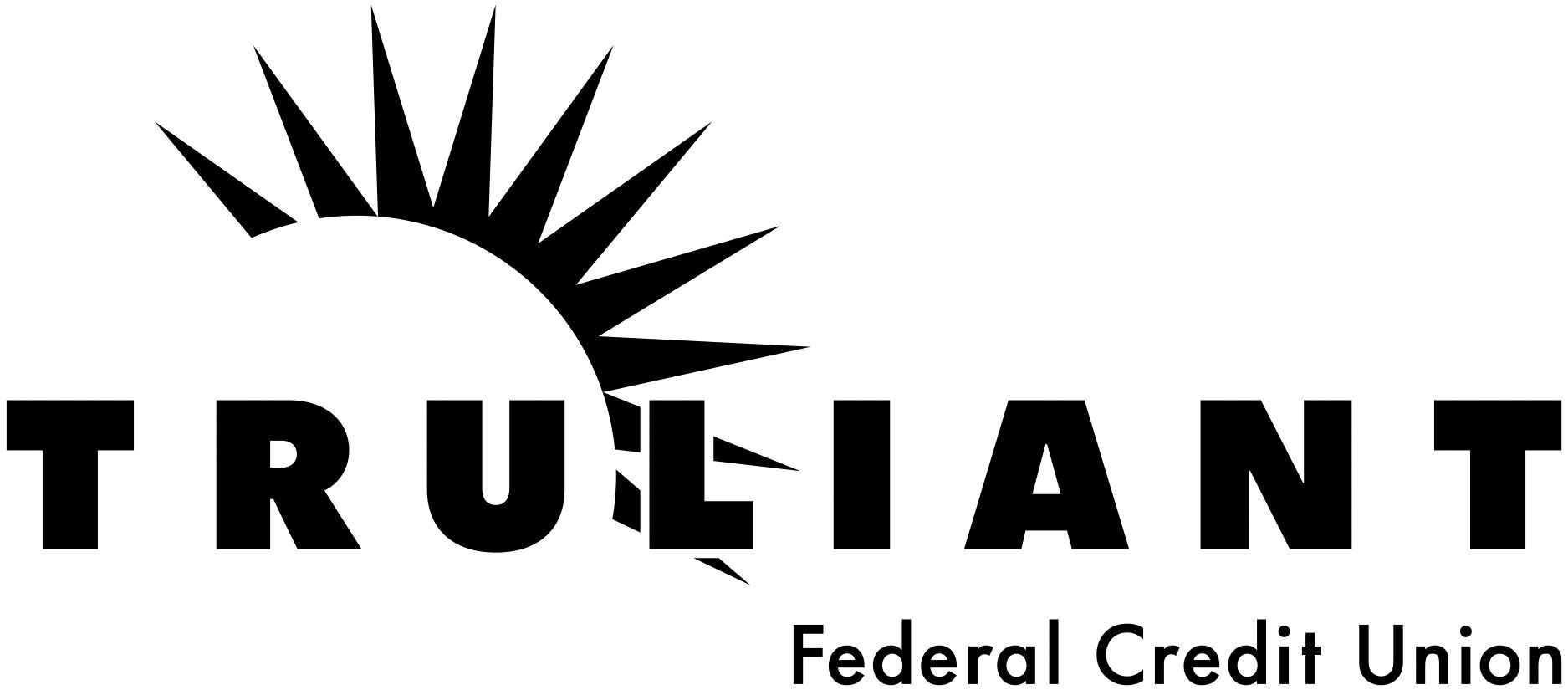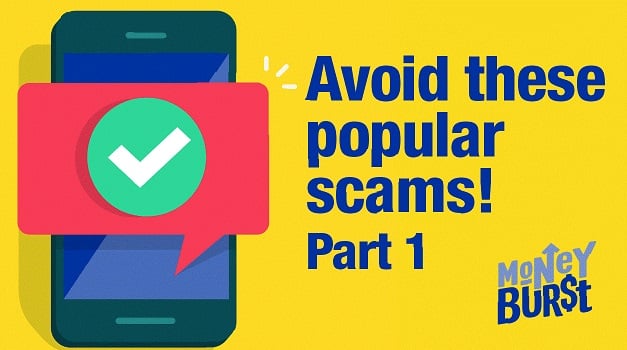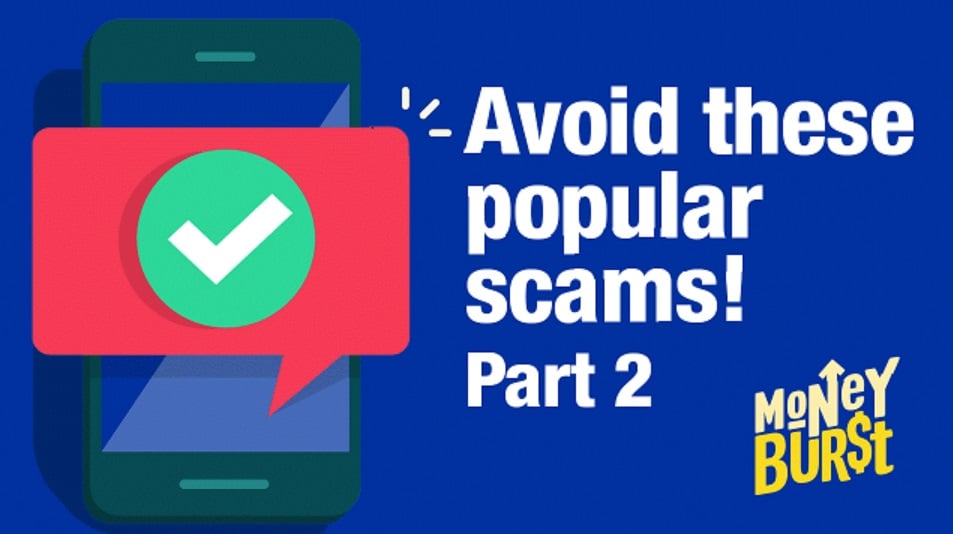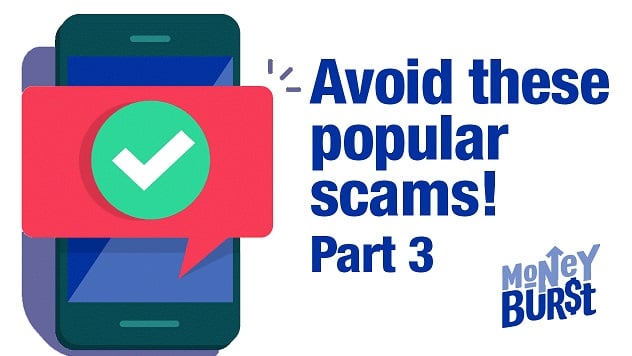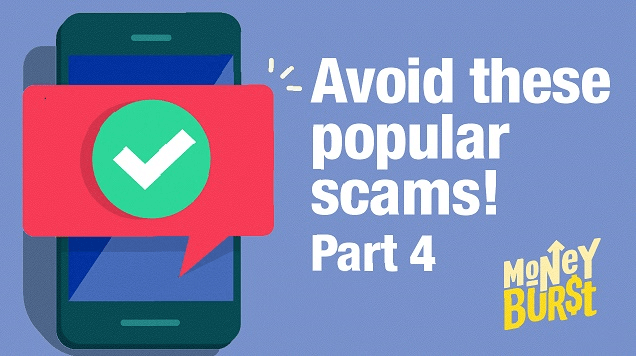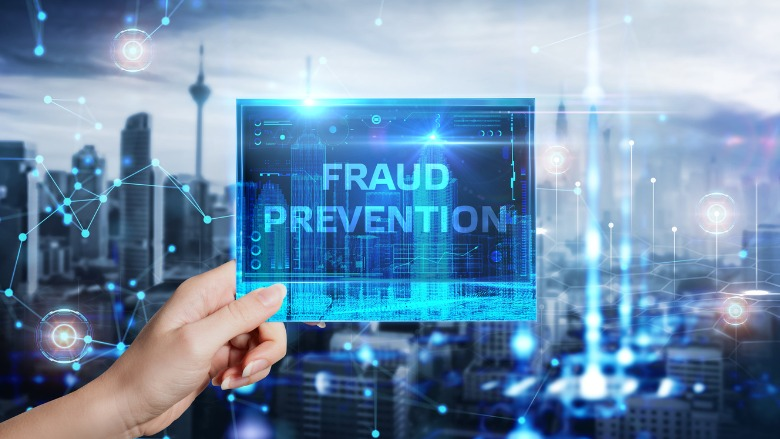
Fraud and Scams
Online Security and Avoiding Fraud
Never provide your confidential banking or personal information to anyone other than a reputable merchant you trust. If you do, you risk being held responsible for any potential losses. If something doesn't seem legitimate, it probably isn't!
Truliant will never contact you unsolicited and ask for the following:
- Social Security Number
- Member or Account Number
- PIN Number
- Password
- Address
- Phone Number
There are many types of fraud that are constantly evolving year after year. However, the majority usually have several things in common: a victim’s good nature, a victim’s lack of banking/financial knowledge, and/or a victim’s poor financial situation. Remember, strangers don't give away money. If it seems too good to be true... it probably is.
If you believe you have fallen victim to any type of fraud relating to your account(s), please call us at 800-822-0382 as soon as possible.
Learn more about protecting yourself against fraud at the Federal Trade Commission.
Most Common Scams
Phishing is email fraud designed to deceive individuals into disclosing confidential information. It can potentially result in the perpetrator gaining access to the victim’s accounts and stealing their identity.
Common Phishing Emails:
- Requests to reset account information or provide sensitive details
- Unexpected emails with attachments or requests for personal information
- Messages regarding maintenance or account recovery
Read the full article.
Truliant will never ask for personal or account details via an unsolicited email.
For assistance, reach out to Truliant’s Contact Center at 800-822-0382. Your security is our priority!
Common Impersonation Scams
1. Government Agency Scams: Scammers pose as officials and threaten legal action to pressure victims for financial details.
2. Technical Support Scams: Fraudsters impersonate tech support and claim your device is infected, often requesting payment for "help."
3. Romance Scams: Scammers create fake profiles on dating sites to establish emotional connections and request financial help.
Awareness and proactive steps can reduce the risk of victimizing impersonation scams.
Read the full article.
Read the full article.
Types of Employment Scams:
- False Job Listings: Fake job postings to collect personal information or charge fees for training.
- Reshipping Scams: Victims receive stolen packages and are instructed to forward them, risking legal trouble.
- Advance Fee Scams: Applicants are asked to pay upfront for training or job placement services, which reputable employers never require.
Read the full article.
Common Types of Cryptocurrency Scams
- Ponzi schemes promise high returns with little risk but collapse when new investors dwindle.
- Phishing scams involve fraudsters posing as reputable entities to steal sensitive information, often through fake websites or deceptive emails from apparent cryptocurrency exchanges.
- Fake Initial Coin Offerings (ICOs) can lure investors, but scammers may create bogus ICOs to abscond with funds.
Read the full article.
Vital Signs of Lottery Scams:
1. Surprise Notifications: Be cautious of unexpected messages claiming you've won, often featuring counterfeit logos and documents.
2. Urgency Pressure: Scammers may rush you to claim your "winnings," leading to rushed and unwise choices.
3. Personal Information Requests: Exercise vigilance if asked for sensitive information such as your name, address, Social Security number, or banking details, as this poses risks of identity theft and financial harm.
Staying informed and vigilant is essential to protect yourself from these deceptive tactics!
Read the full article.

